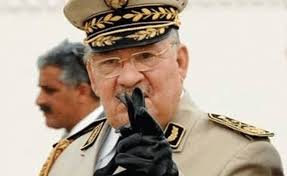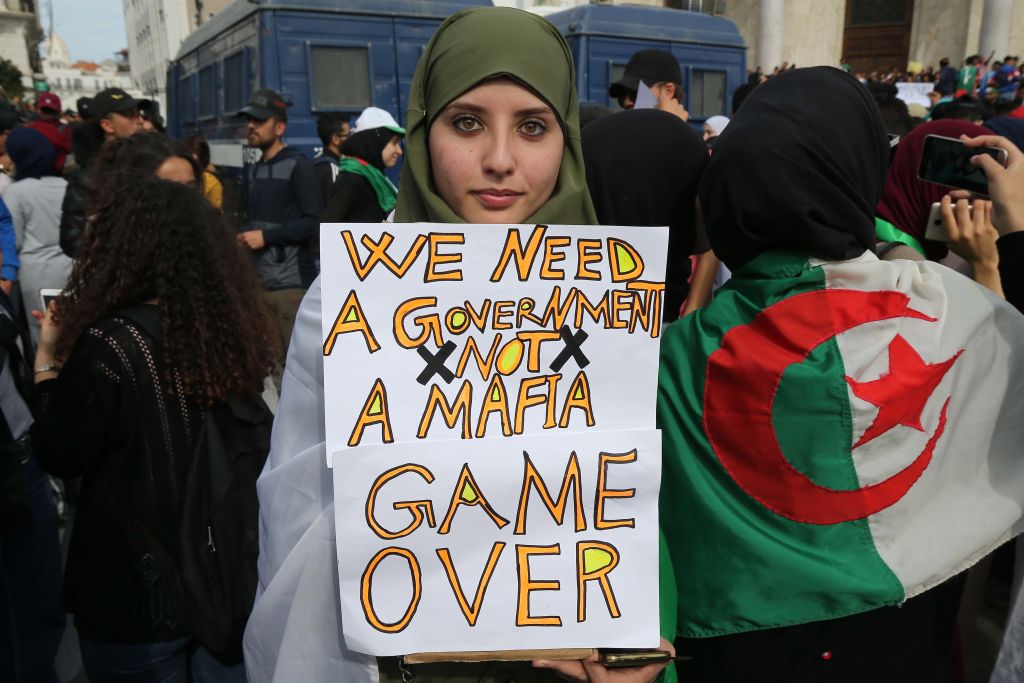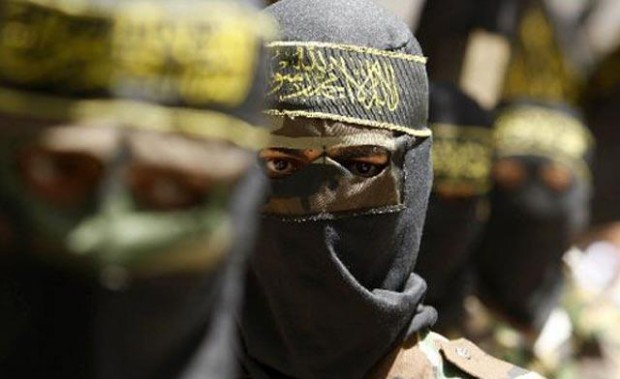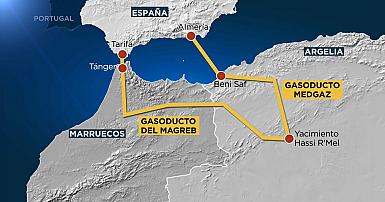 The Algerian military hierarchy finds itself on Thursday, December 12, confronted to a serious test, that of a boycott of the presidential election, at a time it made of this election its number one priority. The army has wholly committed itself to the polls, but without involving the Algerian people. It is gambling its credibility.
The Algerian military hierarchy finds itself on Thursday, December 12, confronted to a serious test, that of a boycott of the presidential election, at a time it made of this election its number one priority. The army has wholly committed itself to the polls, but without involving the Algerian people. It is gambling its credibility.
The election, which began abroad several days ago, was largely boycotted by Algerian expatriates, according to unofficial Algerian sources. In Canada, voter turnout was reportedly null. Elsewhere, in best cases, the participation rate hardly exceeded 15 percent, according to the same sources.
In Algeria, the boycott campaign is expected to be widely followed, according to the same sources, which do not rule out a total boycott in Kabylie. Actually, in the densely populated Kabylie, citizens decided to “shut down” the polling stations, even before the poll. Some stations were blocked with bricks and cement, under the watchful eye of the security services, who were apparently ordered not to add fuel to the fire. So, a zero participation is expected in Kabylie.
Has Gaid Salah weighted the seriousness of his betting when he decided to challenge the Hirak, and consequently the Algerian people as well as the political elites of this country, who demand dialogue and a political transition, agreed upon by everyone?
The military have probably predicted such a scenario. Since the “independent” electoral commission has no existence outside Algiers, and that it relies on the logistics of the Ministry of the Interior for the organization of the elections, it will be easy for the army to proclaim the rates it wants, especially that in the south and the countryside, candidates have no means of monitoring the elections. And even if foreign observers are invited to monitor the polls, they would, as usual, be taken to selected polling stations and cities where the staging would be almost perfect.
The army, which has been publicly involved in the electoral process as it has been involved in Abdelaziz Bouteflika’s dismissal, under the leadership of General Gaid Salah, would have no other choice but to endorse these elections and impose “a President” to the Algerian people. The army would then withdraw into the barracks and entrust the dirty work of continuing the task to the lucky winner.
What are the different scenarios?
The army would most likely avoid a repeat of the October 6, 1988 event, when soldiers shot at demonstrators in Bab El Oued, killing more than 300 people.
Yet, Gaid Salah has inspected recently the ground forces general staff in the Algerian capital, a signal on the potential mobilization of ground troops for the elections.
Actually, failing to manage the organization of these elections and failing to avoid major incidents would mean the battle is lost. And in this case, Gaid Salah’s comrades would push him to retire, to re-brand themselves and thus save the image of the army, which has ruined itself by getting involved in politics, without predicting the outcome.


